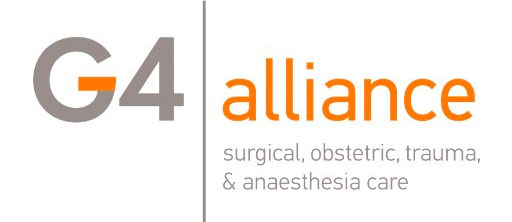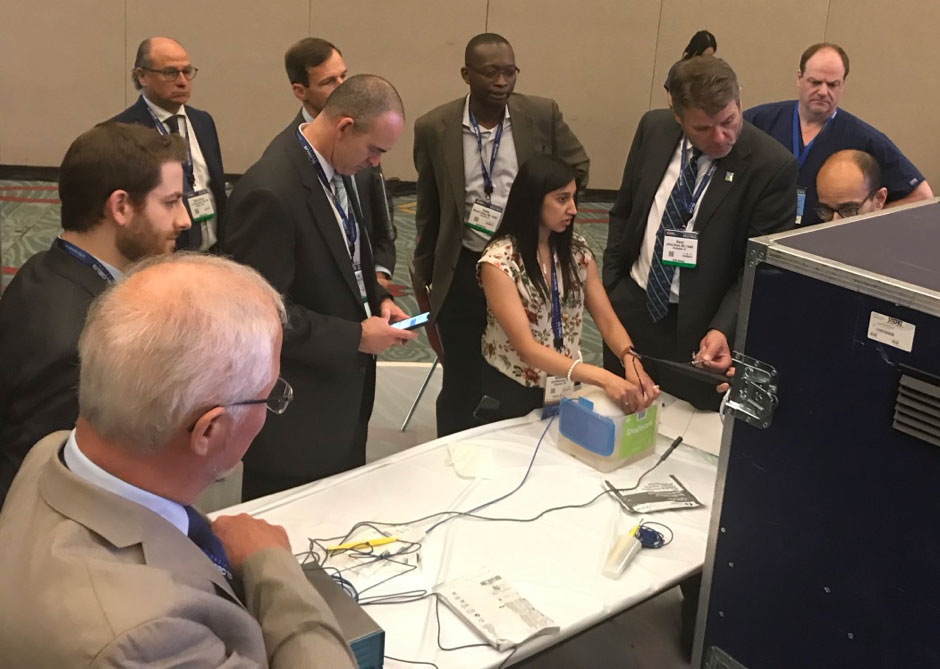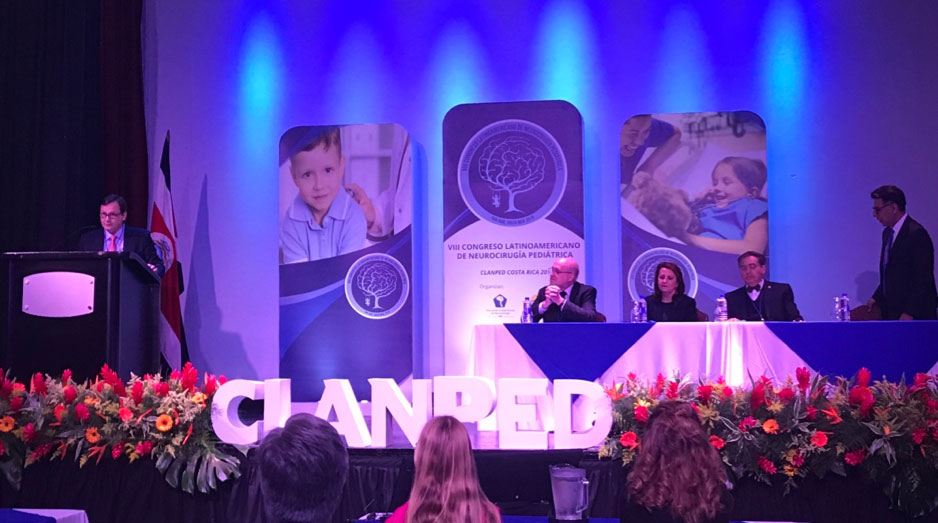The first quarter of 2019 has closed in spectacular fashion. At the end of March we were granted Charitable status by the Charities Commission of England and Wales which greatly improves our ability to raise funds and attract grants. In addition, we are in the process of applying to HMRC for Gift Aid which means that the donations of full rate UK tax payers will be eligible for tax relief, meaning we get more money!!

The second major piece of news is that we have signed a cooperative agreement with the G4Alliance for Surgical, Obstetric, Trauma and Anaesthetia care, an organisation which acts as a collective voice for the neglected surgical patient. We are now undertaking the task of building a platform for organisations on the InterSurgeon site which we hope to launch within the next three months. This should offer a fantastic resource to InterSurgeon members as they represent more than 80 organisations working in 160 countries worldwide and you will see acknowledgement of this on our website going forwards. More news of this soon but one major advantage is that they will help us with fundraising in the USA and funds collected by them on our behalf will be tax exempt for US tax payers, as they have 501(c)(3) status.

We have now added Adult Neurosurgery and Urology to the specialities included in InterSurgeon and as soon as we have completed the organisation platform we shall be adding Children’s Surgery, Plastic Surgery (which will include burns) and ENT. We also see adding anaesthesia as a priority and work on developing the profile has already begun.
From the neurosurgical standpoint Jim and William attended the AANS meeting in San Diego recently and we are able to confirm the partnership with the Joint Pediatric Section of the AANS and CNS and this will be appearing on the website shortly. We also were invited to present to the AANS Executive Committee, and have gained their support as we continue to develop the adult neurosurgery module.
Adult Neurosurgery Champion Gail Rosseau organised a highly successful new course offered at the AANS meeting “Global Neurosurgical Practice.” This was an all-day practical course that was developed to offer a one-day skills refresher and networking opportunity for those who wish to build neurosurgical partnerships in low and middle income countries (LMICs). Modelled on a template started at Stanford University and adopted by the American College of Surgeons Clinical Congress, the course offered lectures and skill stations to prepare for general neurosurgical practice in limited resource conditions. The target audience included 2 groups of neurosurgeons: those who are many years in practice and are looking to “give back” through a so called ‘encore’ career and younger neurosurgeons who want to include international practice in their career planning. The course exceeded all expectations with 67 participants, far more than anticipated.

The skills stations covered pediatric ETV/CPC, simple spinal fixation techniques, peripheral nerve injury assessment and repair and treatment of Le Fort fractures and facial lacerations, and the reviews were ‘outstanding’. Participants were equally enthusiastic about the information provided on the opportunities to become involved in the Global Neurosurgery movement. These opportunities included a presentation of InterSurgeon and metrics on activity and success-to-date, as well as reports from participants in bilateral teaching/operating between HICs and LMICs. Gail has been invited by the leadership of all the continental neurosurgical societies to organize a similar course and faculty for other regions. The next such course will be offered in May, 2020 in Geneva, Switzerland. Congratulations Gail!!

Finally, William has just returned from the CLANPED meeting in San Jose, Costa Rica, a meeting which included a day of hands on courses and was supported by several ISPN and ESPN faculty. William was able to demonstrate the potential advantages of InterSurgeon to the members of CLANPED and hope to follow this up over the coming months. It is important to remember that many parts of Latin America have similar levels of access to neurosurgical care as sub Saharan Africa. Recent studies have shown that the birth-rate in Latin America is declining and therefore educating sufficient personnel to provide for the population is potentially more achievable, although a recent paper from Murguia-Fuentes et al suggests that there needs to be a more collaborative approach to neurosurgical education in Latin America. We think there is definitely a role for InterSurgeon!
